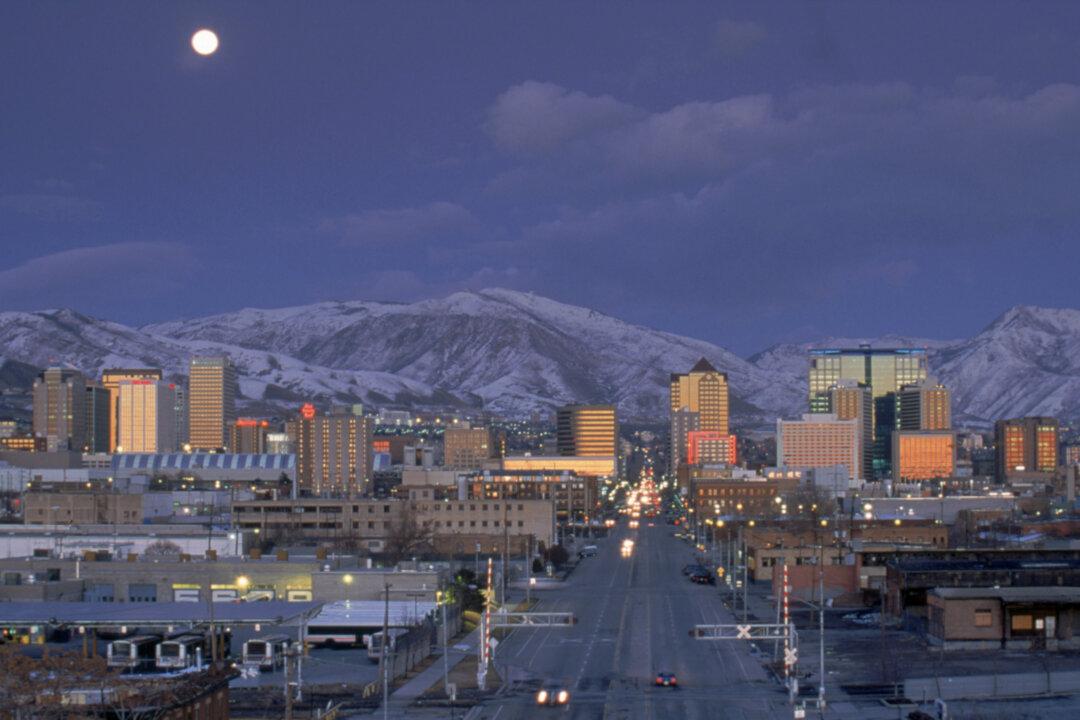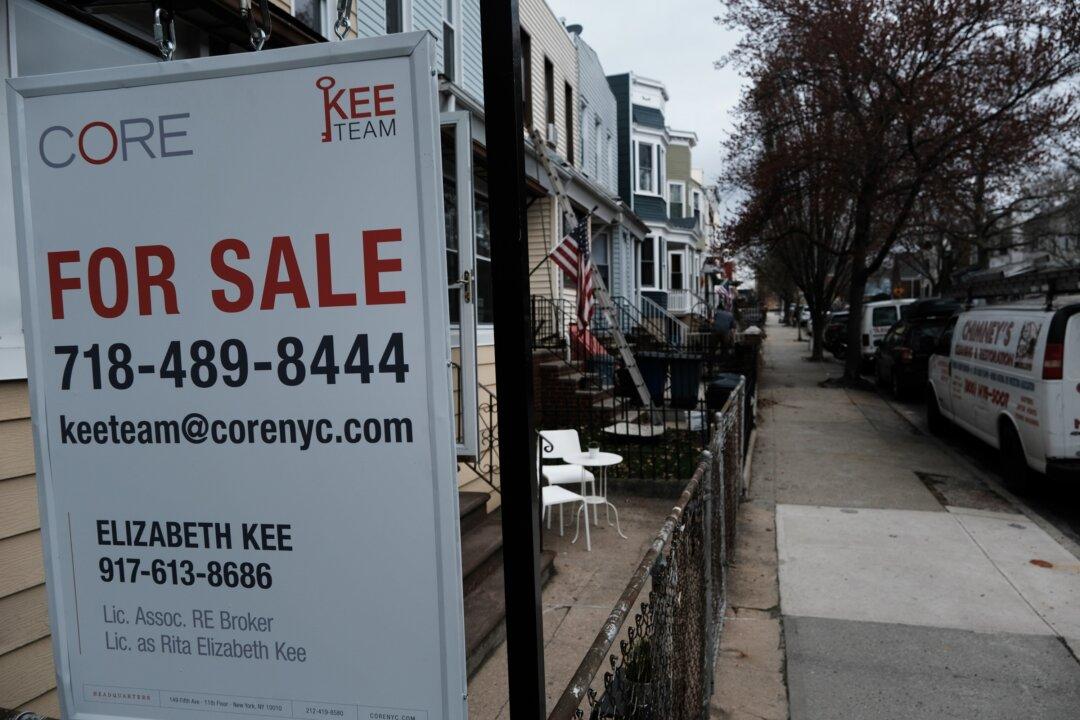The price of farm real estate and cropland in Kansas has risen more than 10 percent in the past year.
“There are many reasons for the current increase in farm real estate and cropland values, such as historically low-interest rates, improved farm economy, increased demand of farmland for urban use and other outside investments,” Dean Klahr, director of stockgrowers at Kansas Livestock Association, told The Center Square.





